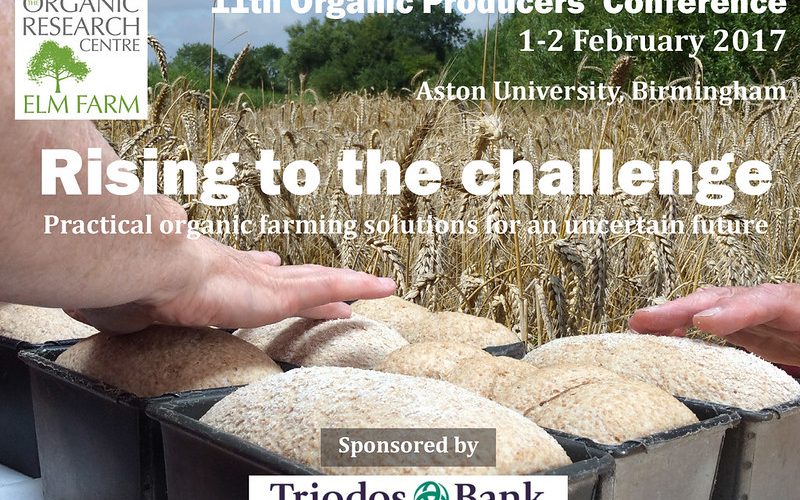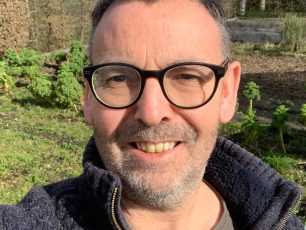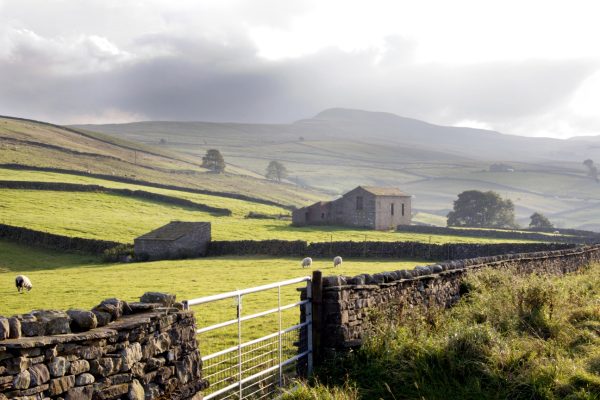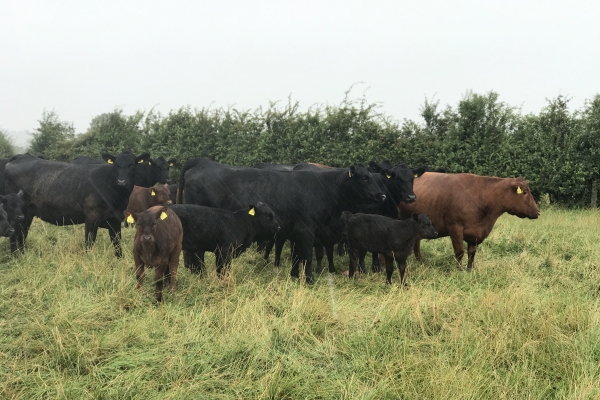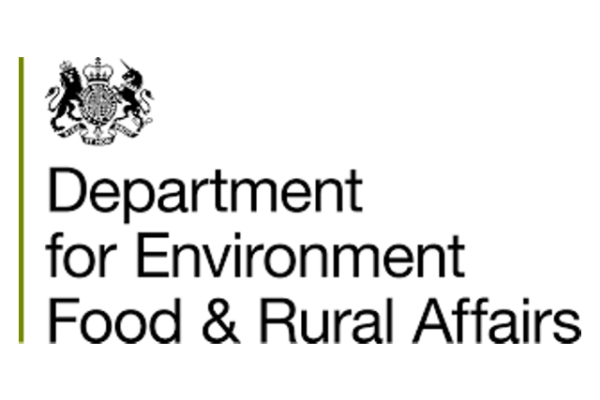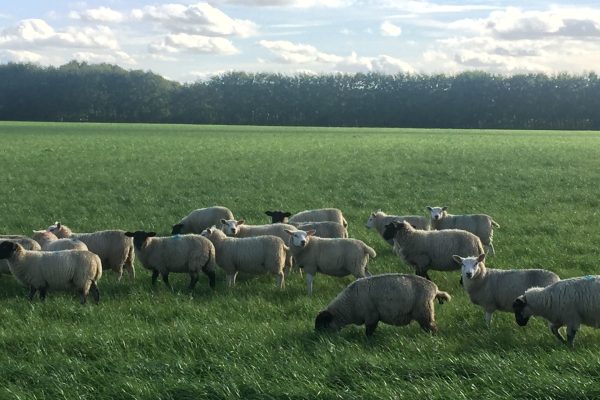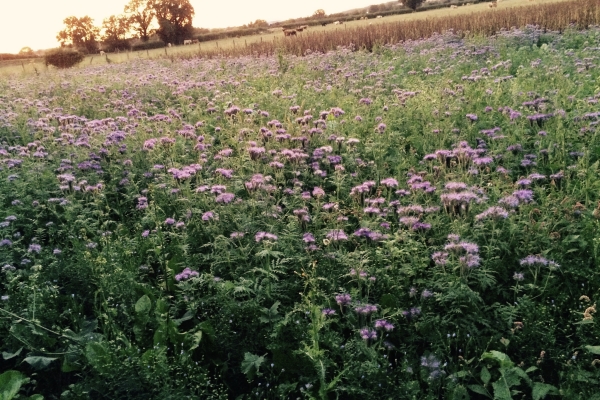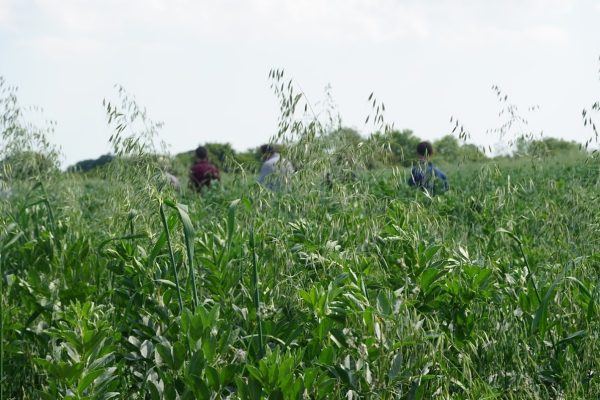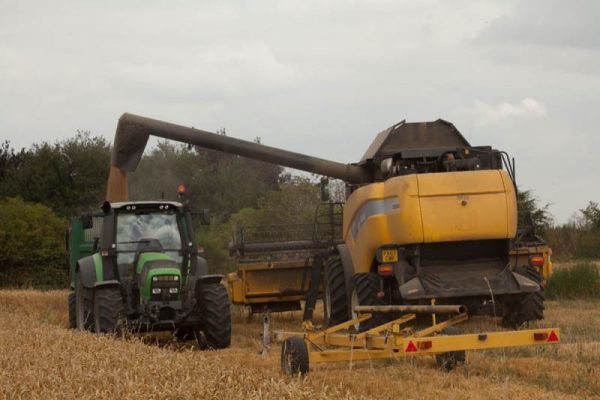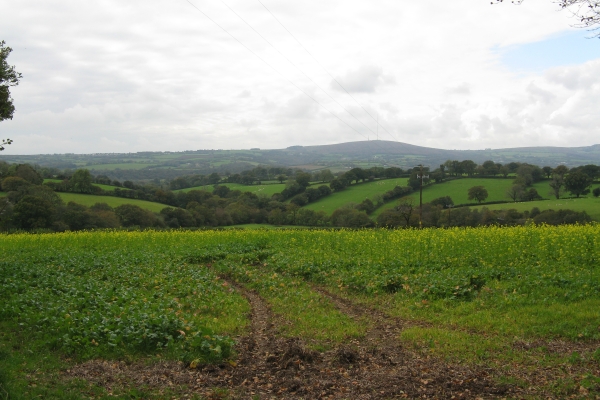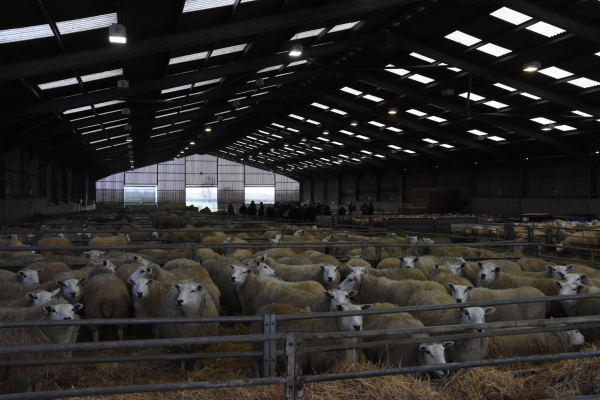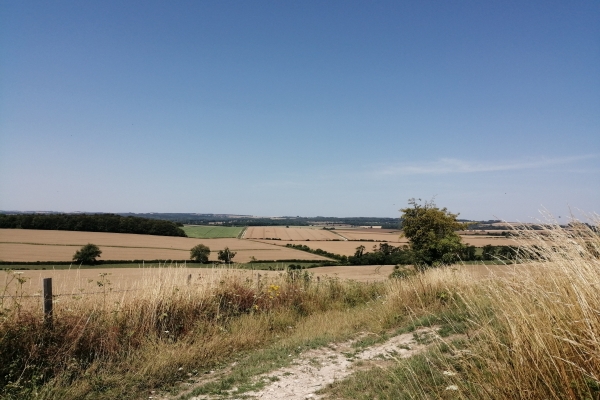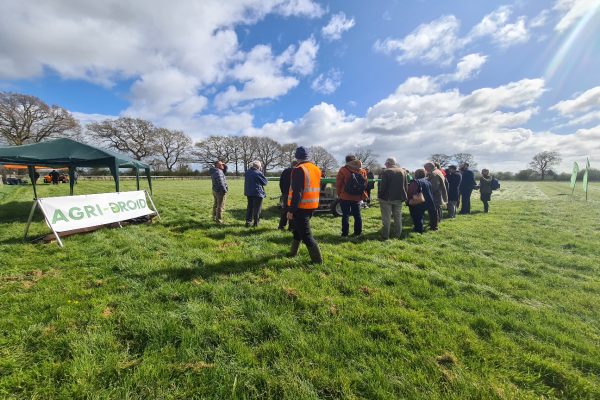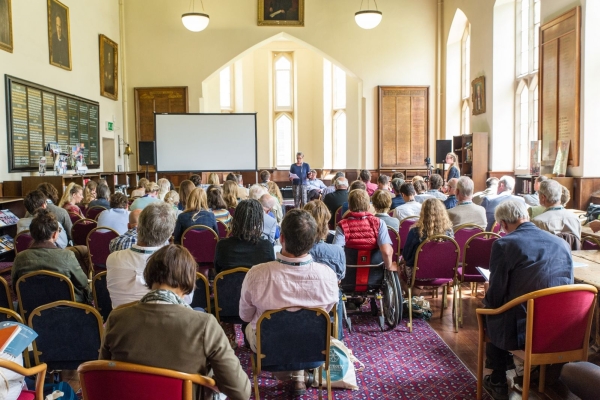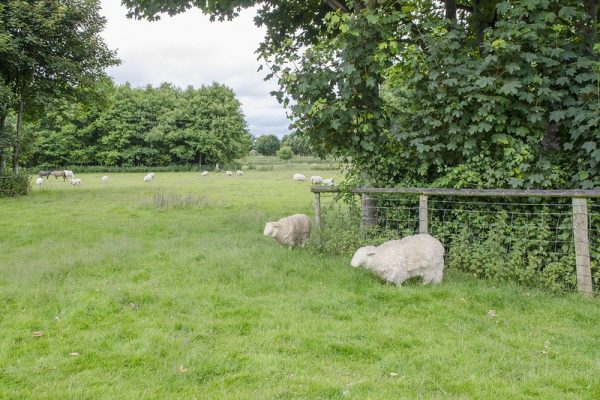Practical organic farming solutions for an uncertain future
Without question, the Brexit referendum result has opened up a significant debate about the future of agriculture in the UK, and the place of organic food and farming within it. It has also created huge uncertainty for producers and other organic businesses, in terms of not only access to, and continuation of, conversion and maintenance support, but also how exchange rates and regulations might change, and the impacts that could have on both domestic markets and export opportunities. Research and other organisations supporting organic businesses are facing similar challenges as access to European funding for research, promotional and other initiatives comes into question.
How can we rise to the challenges which Brexit represents? Can we make our work and businesses more resilient to the changes that will take place in the next few years? What opportunities will the new situation present that we should be welcoming with open arms? What should we be asking of policy-makers to ensure a vibrant organic community in future, delivering both environmental and other public goods, as well as contributing to the economic wellbeing of the UK? Can we build bridges with others facing similar challenges and with similar aspirations?
The Organic Research Centre’s annual Organic Producers’ Conference, to be held in Birmingham in February 2017, is the event where organic and other producers interested in ecological approaches to sustainable food production come together with researchers and advisers to share ideas on making agriculture perform better; for their businesses and society. This year our theme is ‘Rising to the Challenge.’
We have subtitled the conference ‘Practical organic farming solutions for an uncertain future.’ This reflects the strong technical nature of the conference, which should appeal to progressive conventional farmers and organic farmers alike. Producers will be involved in most workshops along with advisers and researchers from the UK and across Europe. There will be five parallel strands of workshops on business/markets, arable, horticulture, grassland/livestock, and food/farming policy post-Brexit. This year we will be focusing on outputs with action points from each strand of workshops that can be taken forward after the conference. There will be an opportunity to formulate actions on regulatory issues, financial support, markets, technical /quality issues and research and innovation.
The organic market is growing and new opportunities and innovations in marketing are developing. There are, however, challenges to secure organic supplies in a growing market and also in improving data available to producers to make informed business decisions. We will explore new options for financial support to encourage new entrants and ensure the dynamic growth of the industry. We will also tackle the question of scale – can small farmers be more productive, adaptable and resilient than larger more specialist farms?
Diversity at all levels is recognised as being key for resilient farming and food systems. We are bringing livestock and arable farmers together to discuss the benefits and barriers to mixed farming and what might be needed in terms of research and mutual cooperation. Weeds are always a perennial problem (no pun intended), and this year we are hosting a ‘weed surgery’, so come along with your weed problem and put it to our team of experts and practitioners.
The arable sector is still overwhelmingly relying on varieties that were specifically bred for conventional systems and inputs. Our workshop will offer new perspectives on the role of genetic diversity, the traits of interest, and the involvement of farmers in organic breeding programmes. The theme of diversity and diversifying systems is continued with a practical workshop on silvo-arable agroforestry and one on the re-introduction of forgotten and underutilised species.
Livestock farmers will focus on health; in particular practical approaches to positive health planning, but also sheep breeding and health. The potential of novel feeds such as sprouted grains and diverse leys will be explored.
Growers will be confronting a few thorny issues. What is the future for organic potato post-copper? Can we persuade the market to accept blight-resistant varieties? We look to Europe for some answers. Can hydroponic systems ever be compatible with organic growing? We will explore the issues. We will attempt to get to grips with costs of production. Can we compare our costs for picking, planting, weeding etc., and improve our performance? Increasing soil organic matter is a big priority for growers and we will look at trials that have attempted to do that through green manure use and the different ways to assess the impact.
Agricology will be present at the conference. Do visit our stand and come to our fringe workshop on farmer knowledge and learning.
The 11th Organic Producers’ Conference will be held on Wednesday 1st February and Thursday 2nd February 2017 at Conference Aston, Aston University, Birmingham, B4 7ET.
Booking and more information here. Book early for best prices!
